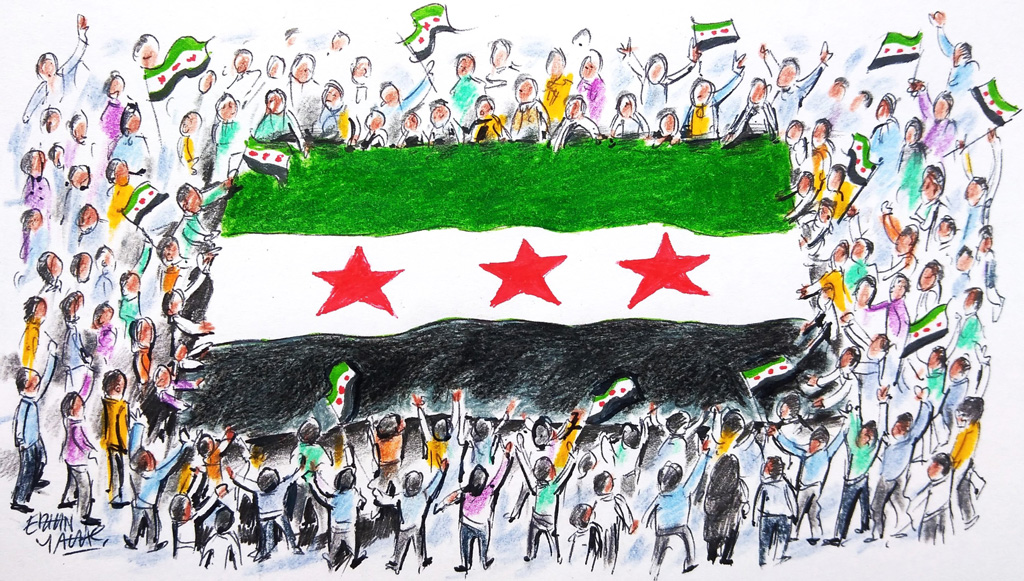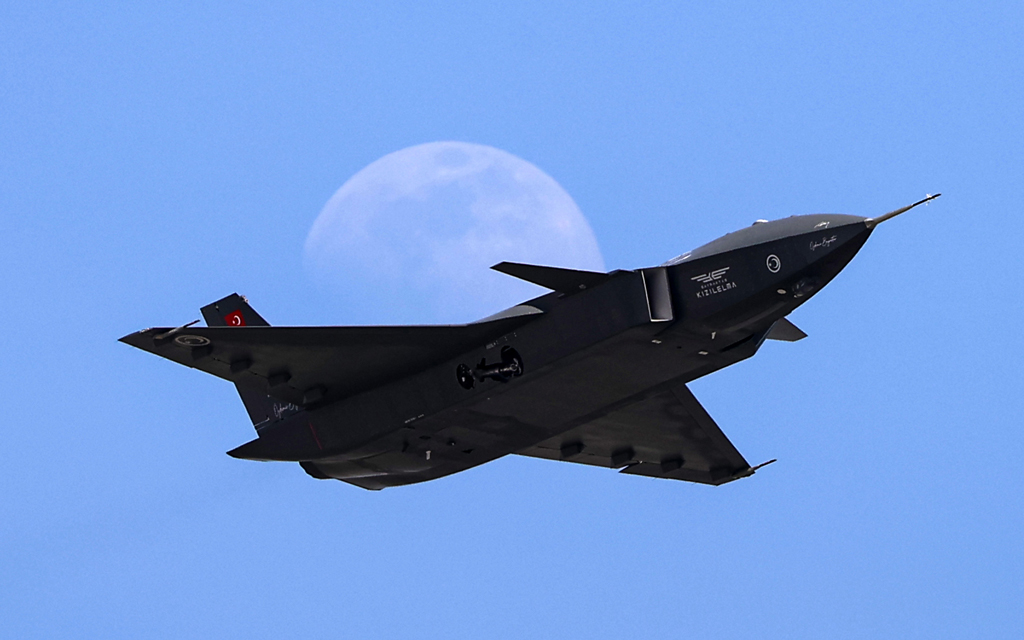According to the 2008 Transatlantic Trends public opinion survey recently released by the German Marshall Fund of the United States (GMF) -- available at www.gmfus.org -- Turkey's threat perception has declined and its confidence has increased compared to a year ago.
Economic crisis, climate change, international terrorism, energy dependency, Iran's nuclear program and religious fundamentalism -- none of these seem to create a sense of urgency or fear among the Turks surveyed.
Considering the turbulent events Turkey went through in 2007, this is an important indication of a reasonable degree of stability. There are other indications, as well. The big economic crisis many observers were expecting never came. The Russian-Georgian war, at least so far, has not created a major political division or regional crisis for Turkey. Turkey is handling the Middle East as well as before -- and even better in some areas. The fact the Syrian-Israeli talks facilitated by Turkey (how is this different from mediation?) have not collapsed is a sign of hope. The Iranian nuclear issue is far from being as explosive as many feared.
On top of all these came something rather unexpected: a sign of normalization for Turkish-Armenian relations. President Abdullah Gül's visit to Yerevan was a bold and historic move. The fact that the Armenian side has agreed to the Turkish proposal to establish a committee of historians to look into the events of 1915-1916 could be a harbinger of much more to come. Some are even talking about some secret energy and border deals between Ankara and Yerevan. I have no way of confirming or denying such deals, but this much is clear: The Caucasus crisis may turn out to be just another big opportunity for Turkey, not a final countdown toward a choice between the West and Russia.
The threat perception of a society is extremely significant for its understanding and handling of policy. It is also an extension of one's self-identity. For decades, one of the leitmotifs of the republican state identity has been its exaggerated threat perception regarding foreign powers, as well as its own population. Foreigners have been seen as imperial powers bent on dividing and destroying Turkey. Their alleged domestic collaborators, the "real traitors inside," have been watched closely and their political activities monitored by Turkish intelligence agencies. Leftists, nationalists, Kurds, Islamists and non-Muslim minorities, including Jews, Greeks and Armenians, have been seen as potential threats to the integrity and unity of Turkey.
Now this is changing. There is more self-confidence in the Turkish people, as well as among the elites. And it works both ways: As Turkey builds its internal self-confidence and trust, it thrusts itself into the maelstrom of international affairs and sees much benefit in such risk-taking. At the same time, Turkey's increasing involvement in its region and world affairs speaks to national pride and honor.
The 2008 GMF survey also confirms the findings of other surveys conducted in Turkey; and they all point to a healthier political development in Turkey. According to the survey, Turkey has become slightly warmer to other nations. While people surveyed identify themselves as religious, somewhat religious and non-religious, these descriptions do not point to deep political divisions on key issues. Certainly, this is a sign of maturity. About 70 percent oppose the banning of the headscarf at Turkish universities; another sign of increasing respect for religious freedom in Turkey. About half believe that Turkey should act alone in international affairs. This can be interpreted as reflecting an isolationist and even bullying attitude. But this is more a reaction to the policies of unilateralism of the US, Russia and others than a strong political opinion.
Finally there is the issue of how Turks and Europeans feel about where Turkey belongs. Turks and Europeans agree that Turkey is not part of the West. And the survey shows that this is a value-based jud








